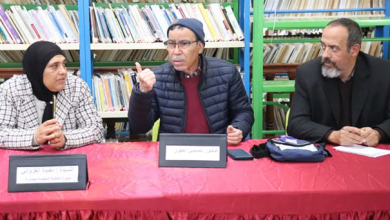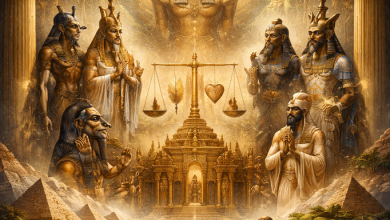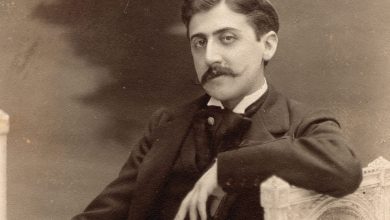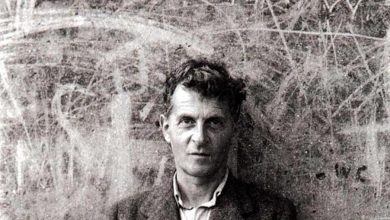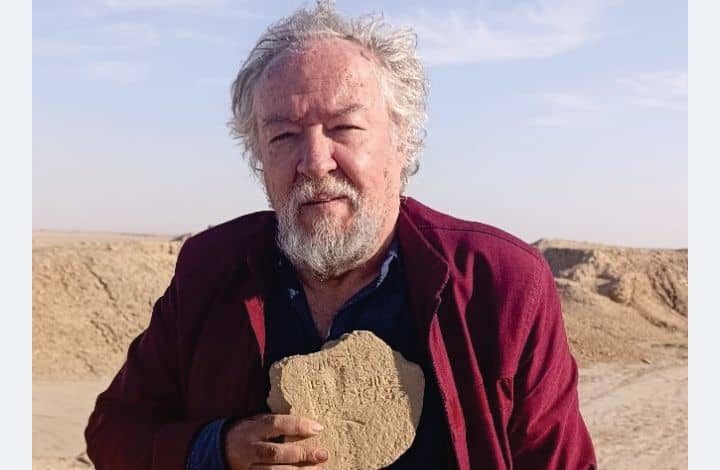
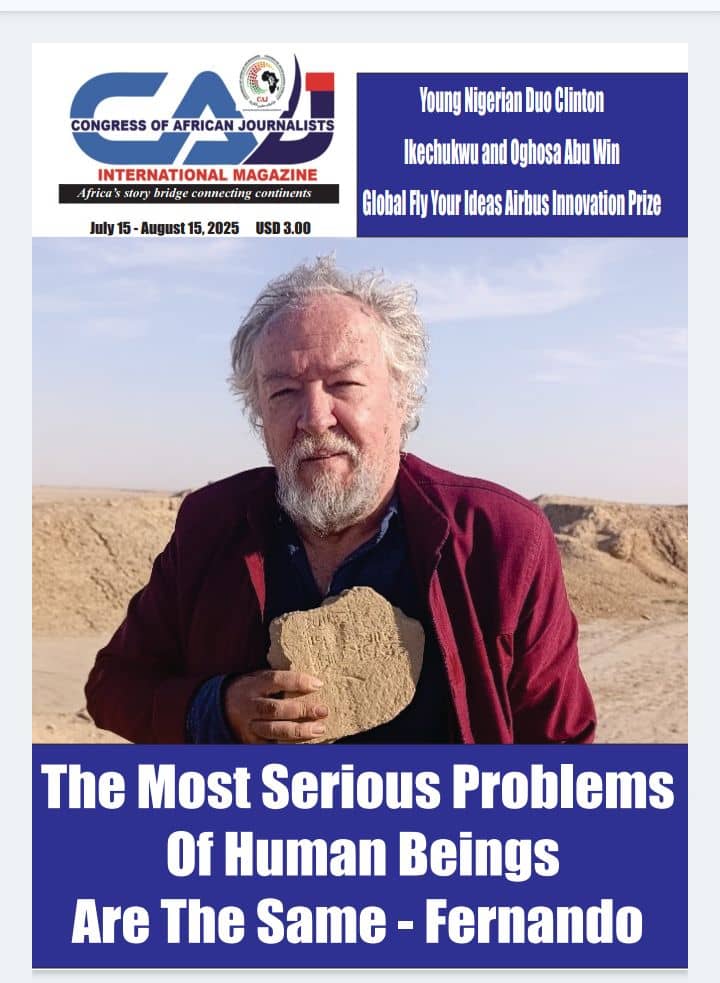 In this powerful July edition of CAJ International Magazine, the Congress of African Journalists brings to its readers a vibrant tapestry of ideas, cultures, and reflections—spanning continents, art forms, and generations of voices.
In this powerful July edition of CAJ International Magazine, the Congress of African Journalists brings to its readers a vibrant tapestry of ideas, cultures, and reflections—spanning continents, art forms, and generations of voices.
Our cover story offers an exclusive and timely interview by Ashraf Aboul-Yazid with Colombian poet Fernando Rendón, founder of the Medellín International Poetry Festival. As Rendón steps down from the leadership of this iconic poetic movement to pursue a new chapter in politics, he reminds us that the poet is inherently a defender of justice—a politician of conscience. After more than three decades of resisting violence with verse, he now carries his poetic vision into the Colombian Senate. It is a bold shift, but not a departure from his lifelong mission: to confront war with words.
From Colombia to Java, Nia S. Amira, Indonesia, invites us into the nuanced historical landscape of Sheikh Maulana Malik Ibrahim and the Kingdom of Sumedang Larang. Her exploration reveals how faith, history, and geopolitics shaped a spiritual bridge between Java and Central Asia—an untold chapter connecting Indonesia with the broader Islamic world.
In cinema and literature, we journey with Ashraf Aboul-Yazid through his creative odyssey in 37 countries. In a compelling interview by Dalia Wefqi, we see how his love for storytelling—through both pen and lens—has transformed travel into testimony. His role as a jury member in Kazan’s Golden Minbar Film Festival underscores how art can traverse the boundaries of culture and faith.
Fatma Al-Zahraa Hassan, Egyptian TV director, reflects on a life shaped by literature and screen, offering a touching memoir of working in Egypt’s pioneering cultural television. Her piece is a tribute to those who bring art and culture into the public eye, especially in a changing media landscape.
Khaled Suleiman, meanwhile, sheds light on the enduring influence of Arab storytelling traditions—like the Hakawati—in contemporary German theatre, revealing unexpected threads of cultural resonance in European stages in his review of Iraqi author Awni Karomi’s book.
From the fields of Sharqiya, Ahmed Saeed Tantawi pens a poignant meditation on Eid, exile, and unity, where a football field turned prayer ground becomes a space of shared spiritual joy.
Dr. Eman Bikai, Lebanon, takes us into the heart of Circassian identity, where music and dance are not just traditions but philosophies of being—an art of survival, expression, and continuity.
And finally, in literature, Dr. Ana Stjelja, Serbia, uncovers the magic and mysticism of Emirati Dr. Adil Alzarooni’s novel The Red Island, a work that challenges cultural borders while conjuring a world of ancestral spirits, memory, and transformation.
In Pakistan’s Sindh province, the legendary Hoshu Sheedi remains a symbol of unwavering defiance. As Commander of Mir Sher Muhammad Khan Talpur’s army, he resisted British conquest at the Battle of Dubbo in 1843, vowing: “We will die, but will not surrender Sindh.”
Meanwhile, Nigeria grapples with a silent crisis: maternal mortality. Daily, women face life-threatening childbirth complications in a country struggling with inadequate healthcare, as Oseni Yusuf Salami reports.
Amidst challenges, hope rises: Nigerian students Clinton Ikechukwu and Oghosa Abu won the Fly Your Ideas Airbus Innovation Prize, showcasing Africa’s talent on a global stage.
In Turkey, Azerbaijan and Türkiye celebrate historic bonds with the opening of the “Azerbaijan Neighborhood” in Kahramanmaraş, deepening regional ties.
Finally, Iran’s nuclear activity remains under scrutiny. Though enriched uranium levels are high, experts note that key weaponization steps haven’t been completed, raising cautious concerns over regional stability. This edition, rich with thought and soul, invites us all to witness, reflect, and dream—across languages, lands, and the luminous legacy of storytelling.

